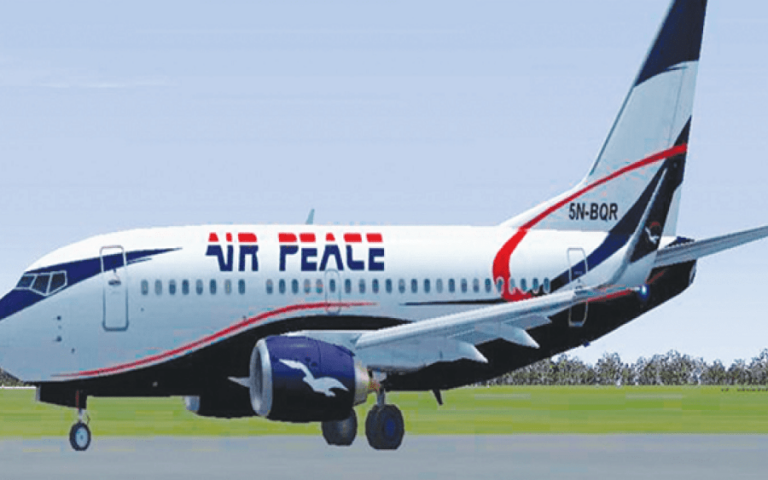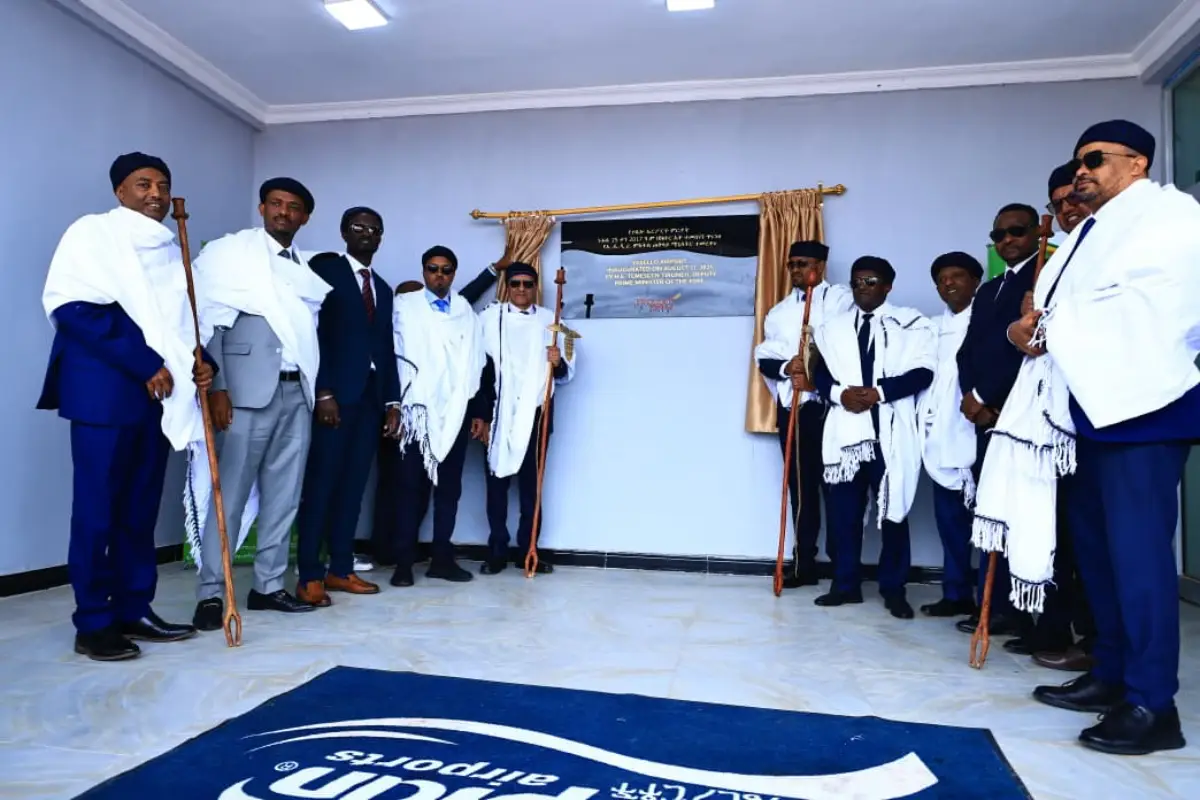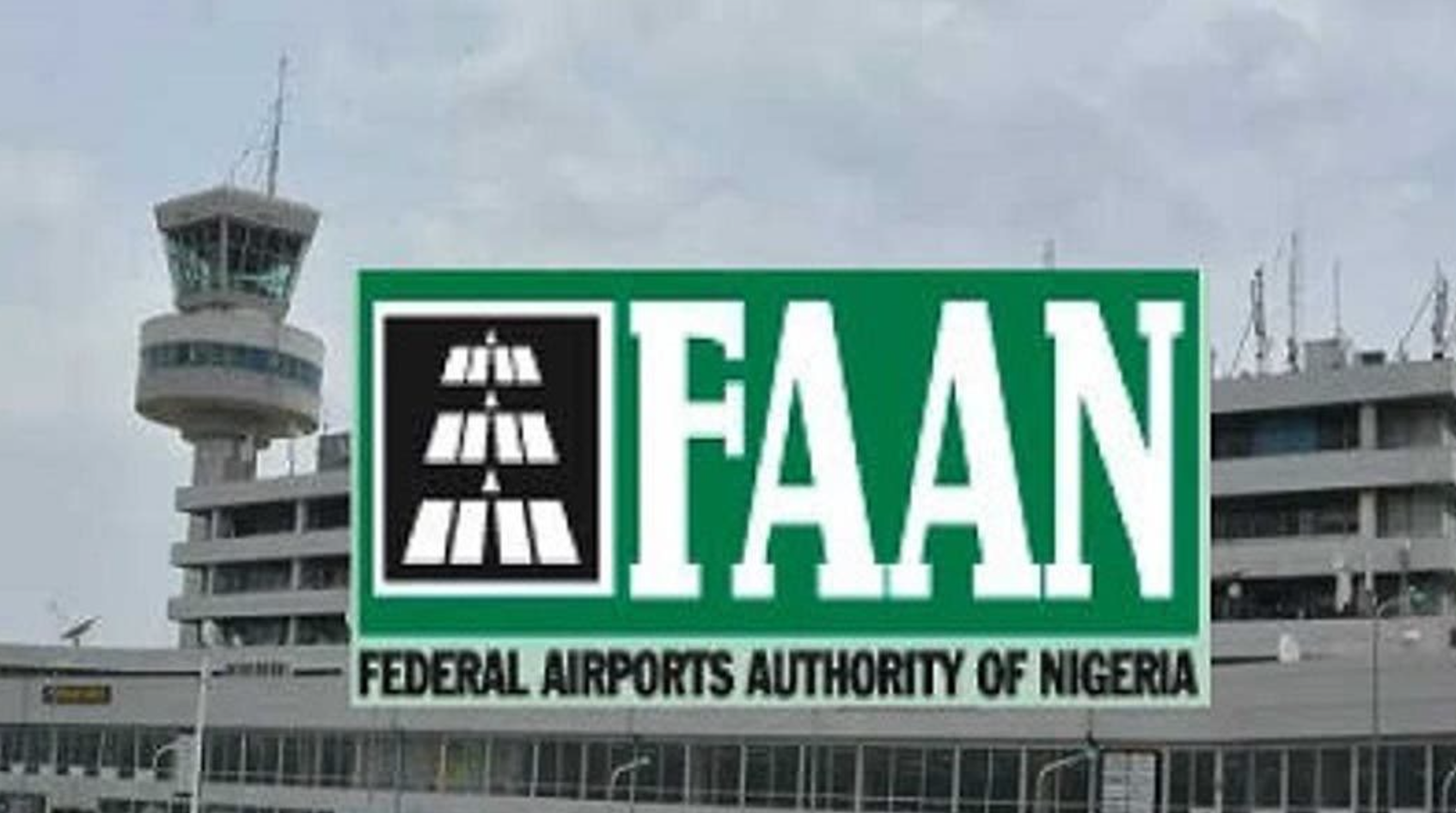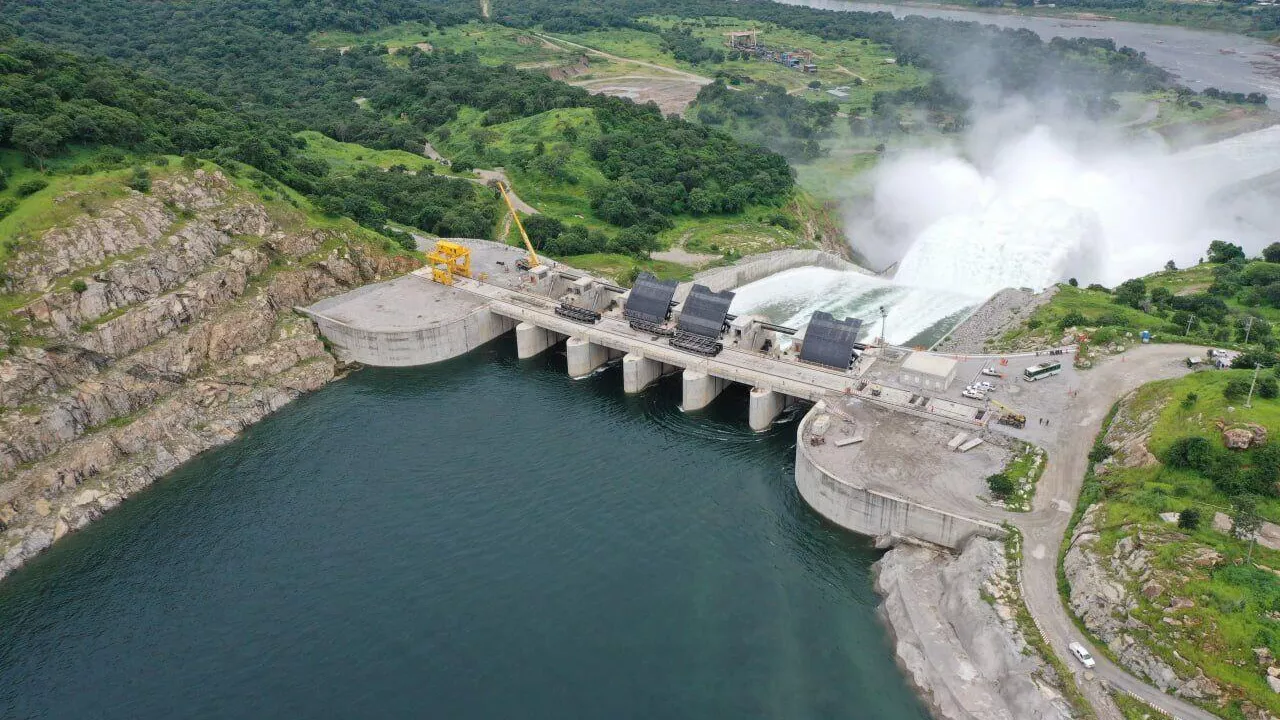
Air Peace has announced plans to establish a modern maintenance hangar in Lagos to cater specifically to its Embraer aircraft, a move that signals another milestone in the airline’s expansion strategy and commitment to local aviation development.
The planned facility, to be located at the Murtala Muhammed International Airport (MMIA), will serve as a specialized hub for the inspection, repair, and maintenance of the carrier’s Embraer E195-E2 fleet, which has become a central component of Air Peace’s domestic and regional operations.
Boost to Local Maintenance Capabilities
The airline currently operates the largest fleet of Embraer E195-E2 jets in Africa, having steadily expanded its order and deliveries over the past three years. According to Air Peace, the establishment of a dedicated maintenance hangar will significantly reduce dependence on overseas maintenance and enhance operational efficiency.
A senior official of the airline confirmed that the project is designed not only to meet Air Peace’s immediate technical needs but also to contribute to Nigeria’s aviation infrastructure. “With this new facility, we are creating a homegrown solution for Embraer fleet support, reducing the costs and delays associated with sending aircraft abroad for major checks,” the official stated.
Industry experts have long noted that one of the challenges facing Nigerian carriers is the absence of sufficient in-country maintenance, repair, and overhaul (MRO) infrastructure. Many airlines are forced to send aircraft to facilities in Europe, the Middle East, or South Africa for heavy checks, which leads to higher costs and longer turnaround times. Air Peace’s new initiative is therefore being hailed as a step that could reposition Nigeria as a hub for aircraft maintenance in West Africa.
Creating Jobs and Technical Expertise
Beyond serving the airline’s operational requirements, the new hangar is expected to generate employment opportunities for engineers, technicians, and support staff. Air Peace has already invested in technical training for its personnel, sending engineers and pilots abroad to acquire Embraer-specific certifications.
“With the Lagos hangar project, we intend to bring these skills back home and provide a platform for more Nigerian engineers to gain world-class experience in aircraft maintenance,” the airline said in a statement.
The project will also provide a boost for aviation training institutions in the country, offering practical exposure for engineering students and graduates who wish to build careers in aircraft maintenance.
Strengthening Nigeria’s Aviation Hub Aspirations

The facility is being developed in partnership with Brazilian aircraft manufacturer Embraer, which will operate maintenance for its jets at the hub. “By God’s grace, we will lay that foundation here in Lagos,” Air Peace chairman Allen Onyema said, explaining the project’s significance.
Nigeria has long aspired to become a central hub for aviation in Africa, given its large population and strategic location. However, the lack of comprehensive maintenance facilities has often undermined that ambition. Air Peace’s decision to establish a state-of-the-art Embraer maintenance hangar is being described as a private sector initiative that aligns with the federal government’s broader plans to strengthen the aviation value chain.
Analysts believe that once the facility is operational, it could attract partnerships with other regional carriers operating Embraer aircraft, thereby opening new revenue streams and consolidating Lagos’s position as a major aviation center.
Air Peace’s Expanding Operations
Since its inception in 2013, Air Peace has grown rapidly to become Nigeria’s biggest airline, with a diverse fleet that includes Boeing 737s, 777s, and Embraer E2 jets. The carrier operates an extensive domestic network, regional routes across West Africa, and long-haul services to destinations such as London, Jeddah, and Johannesburg.
The Embraer E195-E2, introduced into its fleet in 2021, has been particularly instrumental in improving connectivity on domestic and short regional routes. The aircraft’s fuel efficiency and capacity have made it a strong fit for Nigeria’s dynamic air travel market.
The planned hangar underscores Air Peace’s strategy of consolidating operational reliability while positioning itself as a forward-looking African airline.
Industry Reaction
Aviation stakeholders have welcomed the move, noting that it could have ripple effects across the industry. Capt. John Ojikutu, a retired pilot and aviation security consultant, remarked that Air Peace’s investment represents “a bold statement of confidence in Nigeria’s aviation sector and a recognition that local capacity must match fleet expansion.”
He added that if managed sustainably, the facility could reduce foreign exchange pressures on airlines and improve overall passenger confidence, as aircraft would spend less time grounded for maintenance overseas.
Looking Ahead
The construction timeline for the new hangar has not yet been officially disclosed, but preparations are reportedly at an advanced stage, with regulatory approvals in progress. Once completed, the facility will mark another significant chapter in Air Peace’s growth story and in Nigeria’s broader push to build a competitive aviation industry.
By creating a maintenance hub for its Embraer fleet in Lagos, Air Peace is not only enhancing its operational efficiency but also setting the stage for Nigeria to emerge as a regional powerhouse in aviation support services.









